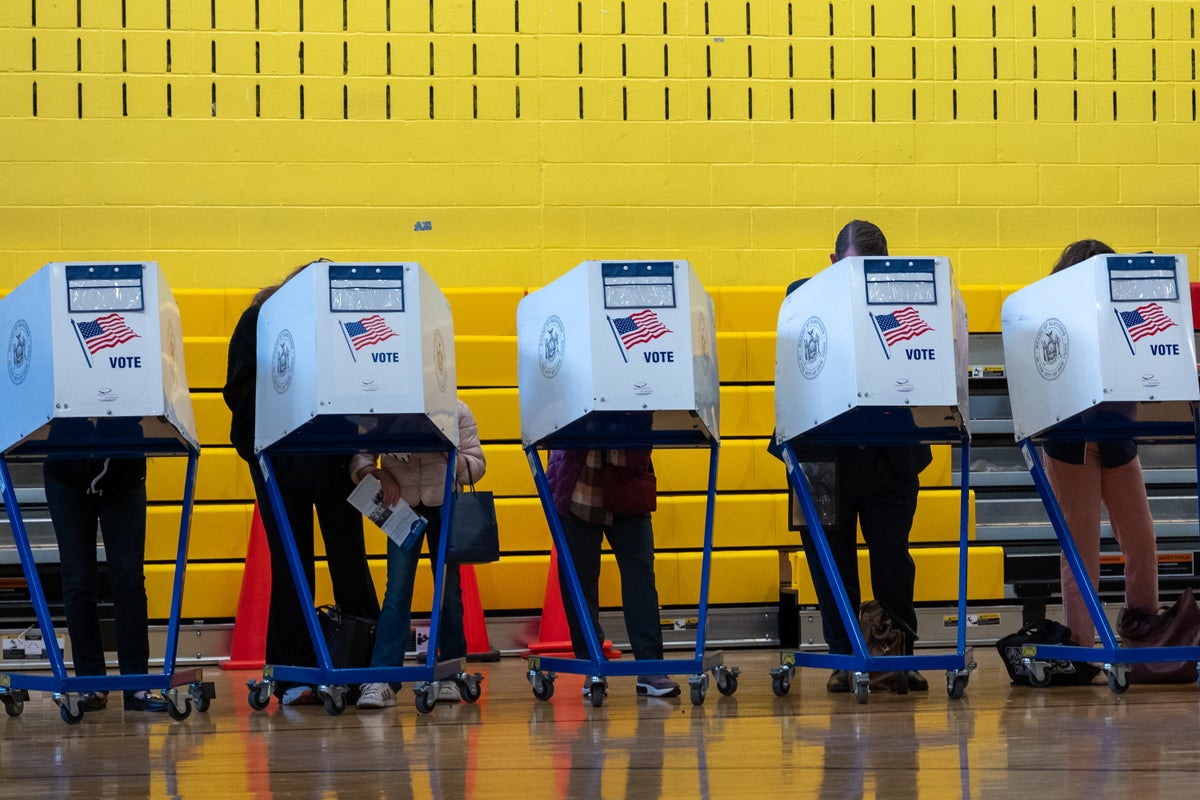Now Reading: Neglecton Particles: A Step Toward More Stable Quantum Computing
-
01
Neglecton Particles: A Step Toward More Stable Quantum Computing
Neglecton Particles: A Step Toward More Stable Quantum Computing

Quick Summary
- Aaron Lauda’s research focuses on applying overlooked mathematics to solve quantum computing challenges, specifically related to qubits.
- Qubits are prone to instability due to environmental noise; topological qubits, which store details using collective particle arrangements, are theoretically more stable but tough to implement universally.
- lauda’s team introduced a new quasiparticle called the “neglecton,” derived from mathematical components previously considered nonsensical or negligible.
- The neglecton enables universal quantum computation when used in conjunction with Ising anyons by introducing new computational gates while maintaining topological protection.
- Practical realization of the neglecton remains hypothetical but provides experimentalists a target for exploration within systems already realizing Ising anyons.
- The research is described as groundbreaking theoretical progress and proposes an unexplored approach through nonsemisimple topological quantum field theory.
Indian Opinion Analysis
The introduction of the neglecton represents an advancement in theoretical physics that could stabilize and expand the capabilities of quantum computers. For India, being a rising player in global science research and development, innovations like this open pathways for engagement with cutting-edge technologies.Given India’s investments into high-tech infrastructure and initiatives such as its National Quantum Mission (2023), exploring novel constructs like neglectons could enrich domestic capabilities in advanced computing systems.
additionally, if future experiments prove accomplished, it could revolutionize fields requiring complex simulations – from drug discoveries to advancements in cryptography – areas where India is actively involved globally.For now though, these findings remain firmly theoretical and underscore the need for collaboration among mathematicians and experimental physicists worldwide before practical applications emerge. This work aligns well with India’s broader interest in deepening academic ties internationally while fostering innovation at home.
read More: Scientific American
























